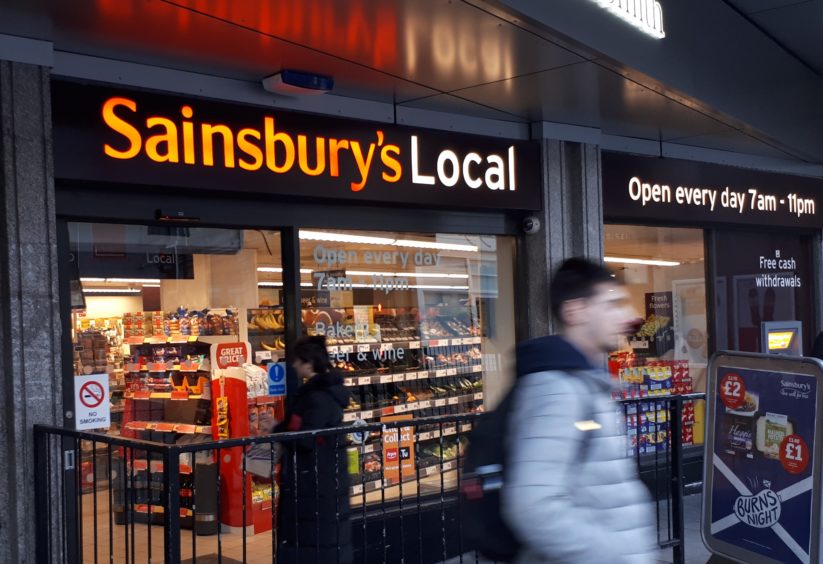
A few months ago I approached Sainsbury’s with the following suggestion:
“As a regular Sainsbury’s shopper, I’m sure I’m not alone in wondering what impact my purchases have towards global warming. To that end I would like to suggest that Sainsbury’s provide packaging information on the embedded greenhouse gas contribution of the product – freight and other energy use associated with getting the product to the shelf together with the impact of the farming process (methane and other emissions). Perhaps provide that information as say a traffic light.
I think by providing this information Sainsbury’s would be seen as being ethically and sustainably responsible which can only enhance the brand.
I look forward to a response.”
The response I received was not very forthcoming:
“I would like to thank you for your suggestion. The details of our investigation into this will involve internal procedures we are unable to give you any results of the outcome.”
So I read with interest Energy Voice’s recent coverage of Sainsbury’s plans to invest £1 billion towards making its operations “net zero” by 2040 – a decade earlier than the UK’s legal goal. I was eager to see if providing the customer information on the carbon footprint of their shelf products was mentioned. Regrettably it was not.
I made the same request of the Cooperative. Strangely their response covered plans for plastic management and made no mention of carbon footprint. I got the same type of response from LIDL – how they are dealing with plastic.
Tesco’s response was more encouraging:
“As we are always trying to limit the use of our carbon footprint, we are always looking for ways and new ideas to reduce this. After reading your email, I think that this is a great idea and I have passed this over to my support team for them to look into further. I can’t promise that this is something that we would introduce, but please be assured that this has been passed to the relevant department to look into further for ideas and suggestions”.
Three months later I am still waiting on feedback.
Waitrose’s response indicated it was in the too hard box:
“While we really appreciate you taking the time to share your ideas with us, our Team are currently focused on, and working very hard to reduce plastic and cut down on waste overall.
“While it is also very important to reduce our carbon footprint where we can, demonstrating it on our labelling would be very challenging not just because every single product would be different, but there would also be a lot of variation between batches of the same product and so each would need different labelling to reflect this”.
I subsequently contacted DEFRA who are responsible for food labelling. Their target of a response within 20 working days is long gone.
Oh well, at least I tried.
Tom Baxter is visiting professor of chemical engineering at Strathclyde University and a retired technical director at Genesis Oil and Gas Consultants
Recommended for you
